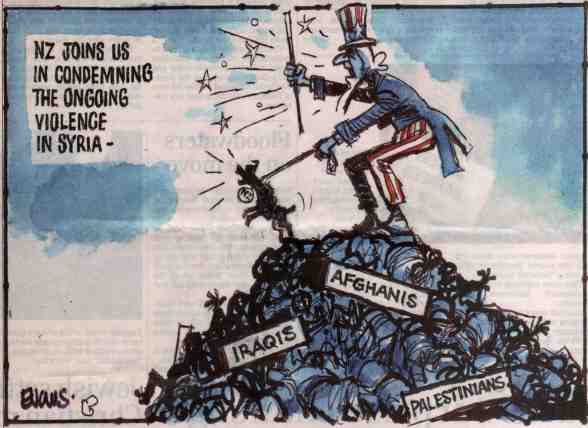Below is a slightly expanded text of a ten-minute speech I gave at the Oxford Union for the proposition ‘This House Believes Britain Should Be Ashamed of Churchill’. The bits in square brackets are things I didn’t have time to say, or hadn’t thought of saying at the time, or reflections on what happened later. Shoulda coulda woulda: that’s what blogs are for.
In April 2016, Boris Johnson (while still mayor of London) wrote a curious article for the Sun. The article was timed to coincide with a visit to the UK by President Obama, who was widely expected to appeal to the British people to vote to remain in the European Union in the upcoming referendum. As a leading spokesperson for the Leave campaign, Boris wanted to pre-empt Obama. He tried to do this by invoking Churchill in two ways. First, he drew attention to one of Obama’s first acts upon entering the Oval Office, when he returned a bust of Churchill to the British embassy in Washington. Speculating on why Obama might have done this, he suggested—with more than a hint of Trumpian Birtherism—that this might have been ‘a symbol of the part-Kenyan President’s ancestral dislike of the British empire—of which Churchill had been such a fervent defender.’ See, Obama’s grandfather had been arrested and tortured for his alleged participation in the Mau Mau insurgency in Kenya, which began during Churchill’s postwar premiership. Having tried to discredit Obama by reminding us of his dislike for Churchill and the British empire, Boris then invoked Churchill in a more positive vein as a symbol of the struggle against dictatorship in Europe who might similarly inspire the efforts of Leavers in their own struggle against the dictatorship of the European Union. In this strange little article and its intersecting oppositions—Boris v. Barack, Leave v. Remain, Churchill v. the empire—we have all the ingredients that might explain why this House, in 2018, is being asked to consider whether to express shame in a long dead British Prime Minister.






